
CSIR appoints industry experts to the manufacturing advisory panel for alignment with sector priorities
The Council for Scientific and Industrial Research (CSIR) has appointed a Manufacturing Industry Advisory Panel to align its manufacturing efforts with…
View More
Science and innovation provide speedy response to flood-stricken Eastern Cape
The Minister of Higher Education, Science and Innovation, Dr Blade Nzimande, hails as successful the swift response by the Department of Science and Innovation…
View More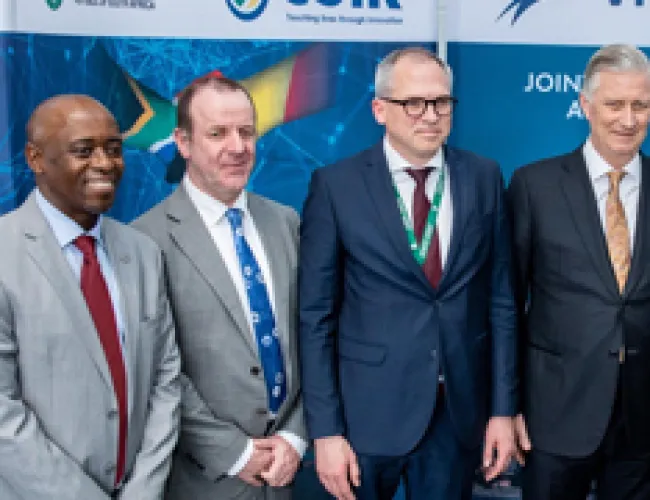
New indoor energy storage testbed at the CSIR to boost local solutions for sustainable energy storage
Belgium-South Africa collaboration helps pave the way for the renewable energy transitionPretoria – Today, His Majesty the King of the Belgians and South…
View More
South Africa and Uganda sign agreement on essential oils
The Minister of Higher Education, Science and Innovation, Dr Blade Nzimande, welcomed the signing of a memorandum of understanding (MoU) on science, technology…
View More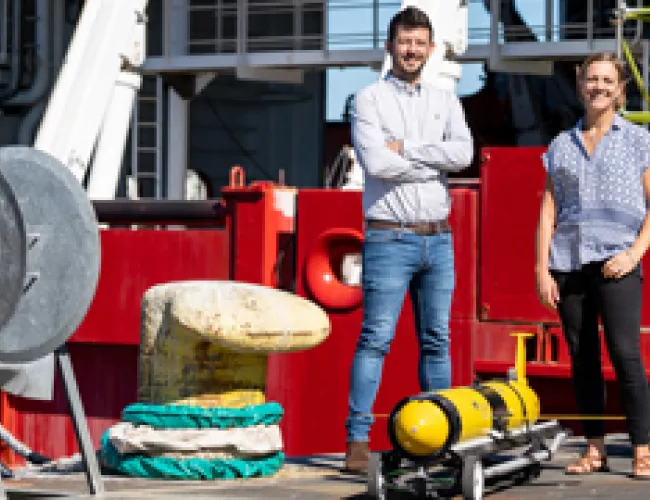
CSIR-led research uncovers multidecadal trend of increasing iron stress in Southern Ocean phytoplankton
Multidecadal trend of increasing iron stress in Southern Ocean phytoplankton Research undertaken by a South African (Department of Science and Innovation-…
View More
CSIR releases statistics on power generation in South Africa for 2022
Statistics on power generation in South Africa for 2022The Council for Scientific and Industrial Research (CSIR) has released its annual statistics on power…
View More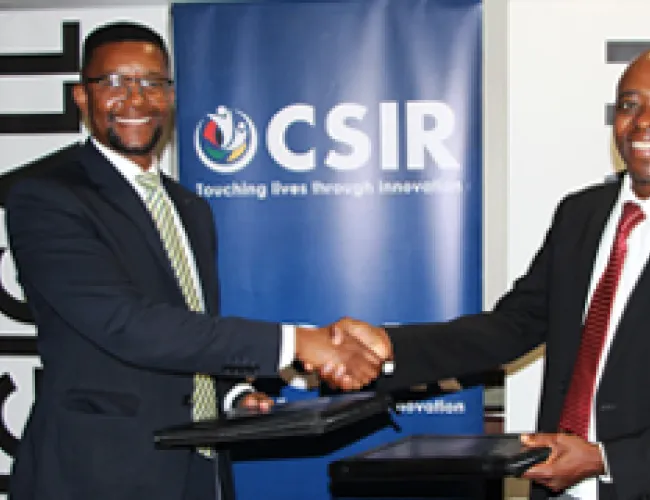
CSIR and Digicall partner to drive digitalisation
The Council for Scientific and Industrial Research (CSIR), an entity of the Department of Science and Innovation and Digicall Group, a multinational business…
View More
CSIR recognised as Top Employer 2023 in South Africa
The 2023 Top Employers have been announced and the Council for Scientific and Industrial Research (CSIR), an entity of the Department of Science and Innovation…
View More
CSIR and AFD partner to generate local knowledge to advance South Africa’s just energy transition
CSIR furthers studies to ensure people are at the center of the transition to a low emission, climate resilient economy. On 23 November 2022, the Council of…
View More
CHIETA and CSIR sign MOU to further strengthen collaboration for skills development
The Chemical Industries Education and Training Authority (CHIETA) and the Council of Scientific and Industrial Research (CSIR) are happy to announce that they…
View More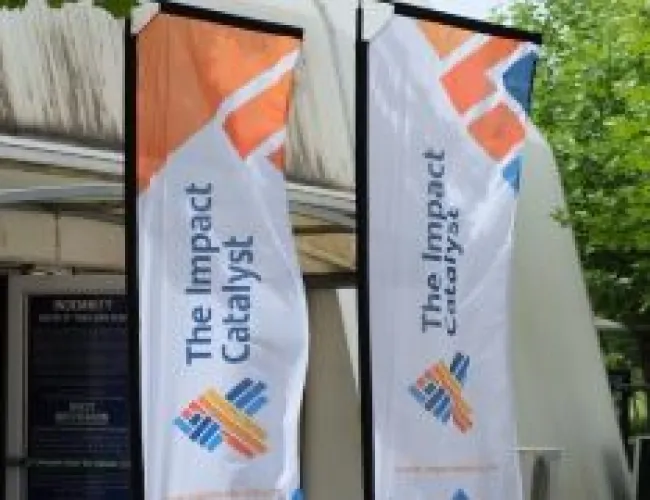
Business and social partners collaborate to progress Mpumalanga’s Just Transition and drive large-scale, socio-economic development
Amidst South Africa's carbon-reduction ambitions, notably the Just Transition, the envisaged socio-economic impacts will require multi-pronged socio-economic…
View More
CSIR releases statistics on power generation in South Africa for first half of 2022 and loadshedding data for first three quarters
The Council for Scientific and Industrial Research (CSIR) has released its annual statistics on power generation in South Africa for the first half of 2022 (1…
View More
Transforming the waste sector by investing in the next generation
The annual report of the Waste Research, Development, and Innovation (RDI) Roadmap has highlighted the importance of evidence and skills in shaping the future…
View More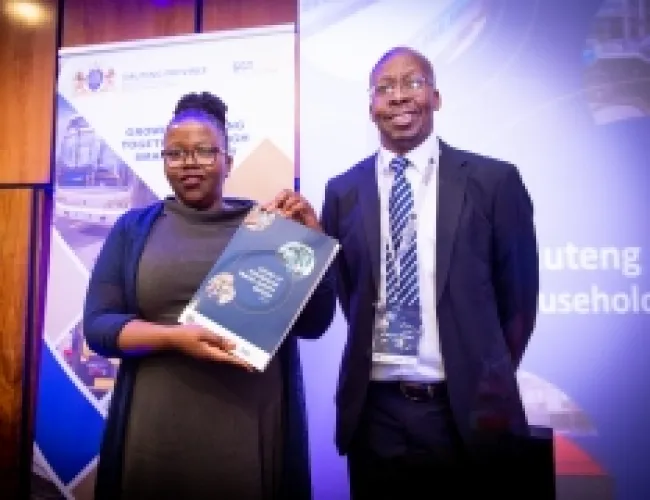
Gauteng residents revert to pre-Covid-19 travel patterns for work, education, shopping and medical purposes – Covid-19 GHTS
On 24 October 2022, the Gauteng MEC for Roads, Transport and Logistics, Kedibone Diale-Tlabela received the latest results of the Covid-19 Gauteng Household…
View More
A cost-effective and environmentally friendly manufacturing solution: industry and experts give biocatalysis the thumbs up
CSIR researchers and their industry counterparts are pooling their efforts to use biocatalysis – a green production method – to help develop new and improved…
View More
CSIR research group leader to participate in prestigious TechWomen Leadership Exchange Program 2022
Dr Reevana Balmahoon, research group leader for Artificial Intelligence and Extended Reality (AI and XR) at the Council for Scientific and Industrial Research…
View More